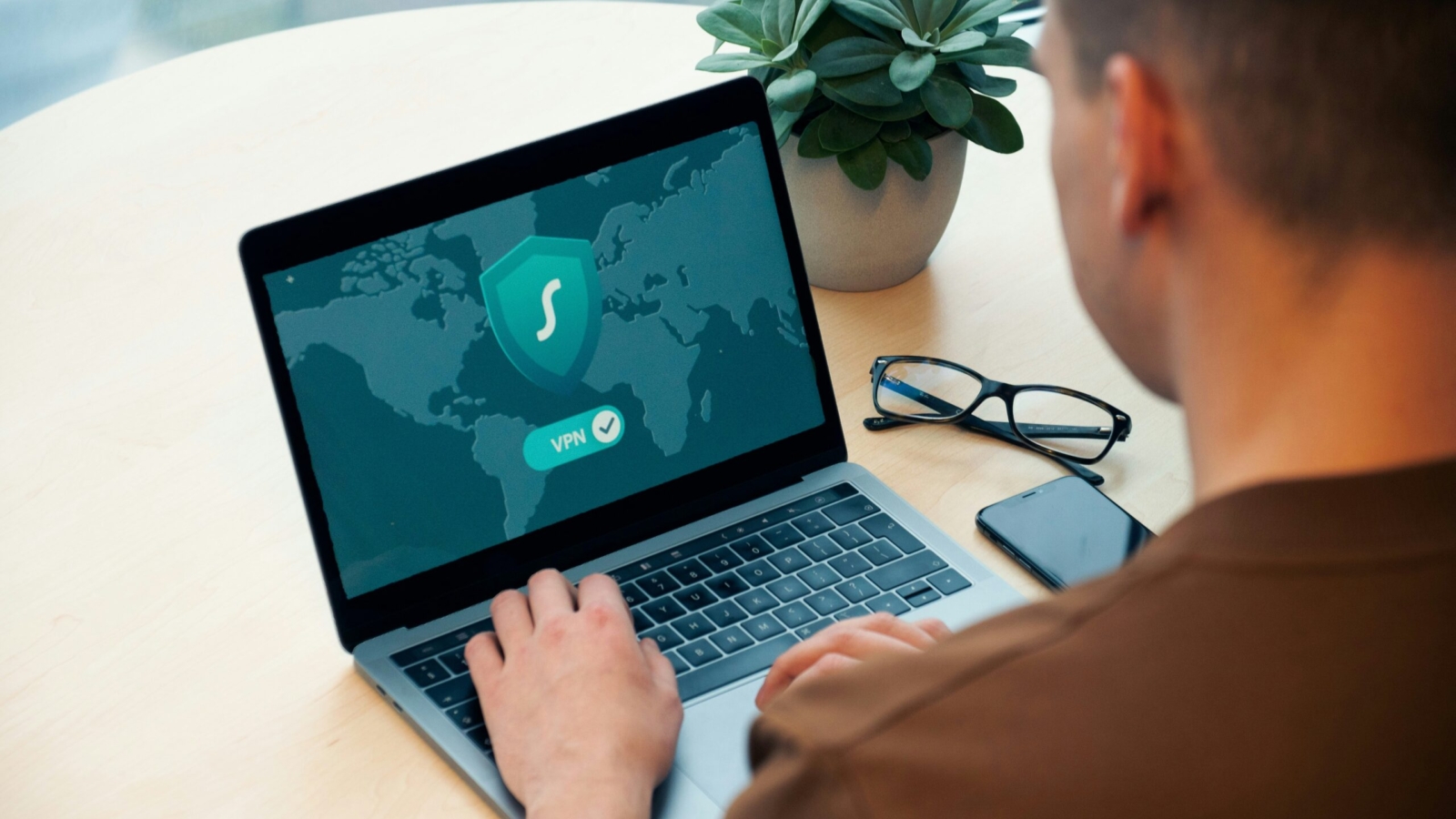In today’s hyperconnected world, Americans are spending an average of 6 hours and 40 minutes each day glued to screens — including smartphones, computers, tablets, and TVs. While that figure may seem extreme, it’s only slightly above the global average of 6 hours and 38 minutes, according to a Comparitech study on global screen time usage.
Out of that daily total, 3 hours and 22 minutes are spent on mobile devices alone. Interestingly, this is slightly below the global average of 3 hours and 46 minutes. But while screen use for work is often unavoidable, experts suggest that excessive mobile screen time—especially for entertainment or social media—might be cause for concern.
“It’s hard to define what counts as ‘excessive,’ especially when many rely on screens for work,” explains Rebecca Moody, Head of Data Research at Comparitech. “But mobile usage is often unrelated to work, which may be where the excess begins.”
Experts are divided. For some, screen time is simply part of modern life. For others, six hours a day is detrimental to mental and physical health, especially when it replaces healthier habits like sleep, socializing, and physical activity.
“Too much screen time can lead to anxiety, sleep disruption, and depression,” warns Titania Jordan, author of Parental Control: A Guide to Raising Balanced Kids in the Digital Era.
Clinical psychologist and tech expert Larry D. Rosen agrees, adding that extended screen exposure limits face-to-face interaction and prevents downtime for the brain.
⚠️ What Screen Time Replaces Matters More Than the Total
Mark N. Vena of SmartTech Research emphasizes that it’s not just the quantity of screen time that matters — it’s what you’re giving up for it. Are you skipping workouts, losing sleep, or neglecting real-world relationships? These red flags may indicate it’s time to reassess your digital habits.
“Six hours a day is nearly a third of your waking hours. If it’s filled with passive scrolling, that’s problematic,” says Vena.
Screen habits vary significantly by region. The highest screen time consumers globally include:
- South Africa: 9 hours and 27 minutes/day
- Philippines: 5 hours and 21 minutes on mobile devices
- Russia: 4 hours and 31 minutes on desktops
According to the report, Africa, Asia, and South America lead in screen use. This trend is fueled by:
- High youth populations
- Mobile-first internet access
- Limited offline entertainment options
- Social media and messaging apps used for business and communication
In these regions, smartphones are often the primary gateway to the internet, creating a natural reliance on screen-based interaction.
📉 Global Screen Time is Decreasing — Slowly
The good news? Over half the countries in the study (27 out of 49) have reduced their average screen time in the past year. Hong Kong, for example, slashed nearly an hour off their daily average.
Why the drop?
- Post-pandemic routines
- Increased awareness of digital well-being
- Built-in screen time management features
- Intentional efforts to unplug before bedtime
“People are realizing the mental toll of constant connectivity and choosing to disconnect more often,” says Moody.
🛑 Can Governments Regulate Screen Time?
Some governments have tried. China famously introduced a 3-hour-per-week limit for minors playing video games, which showed initial success — though many kids quickly found workarounds, such as using their parents’ accounts.
Instead, many platforms now offer voluntary screen time controls, such as:
- Break reminders
- Daily usage summaries
- Parental control features
- App timers and downtime settings
There’s no one-size-fits-all rule. Your ideal screen time depends on your lifestyle, work demands, and mental health. The key is balance.
Ask yourself:
- Is my screen time cutting into relationships or sleep?
- Do I feel mentally drained after scrolling?
- Am I avoiding responsibilities or real-life interaction?
If yes, it may be time to rethink your screen habits.
Optimize Your Screen Time
To maintain digital well-being:
- Schedule screen-free time daily
- Use built-in screen-time trackers
- Prioritize in-person connections
- Avoid screens an hour before bedtime
- Use tech intentionally — not habitually

